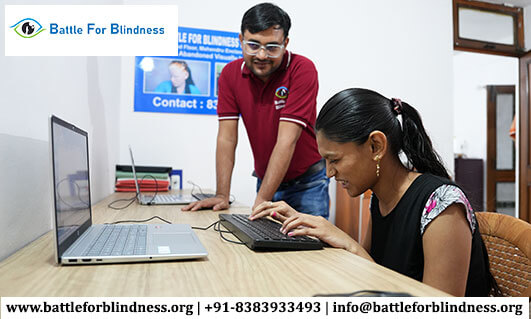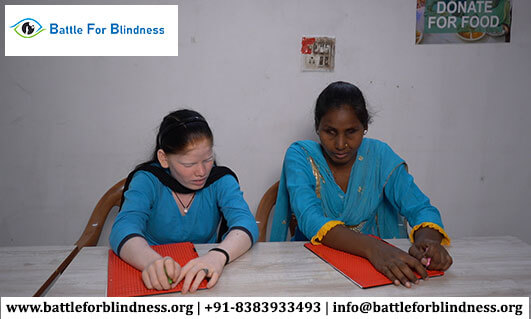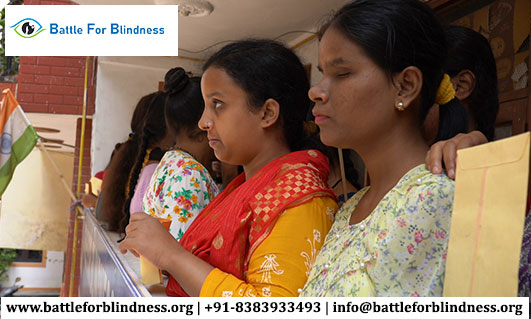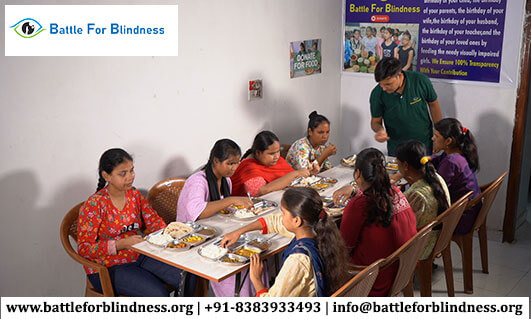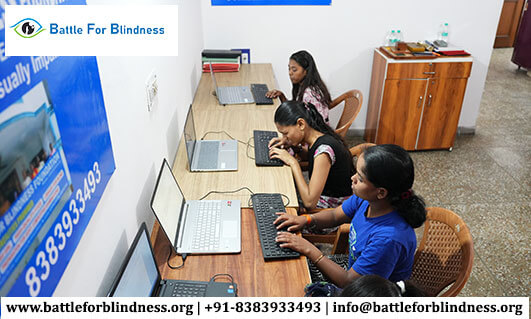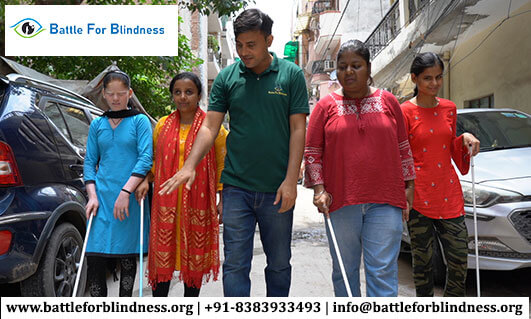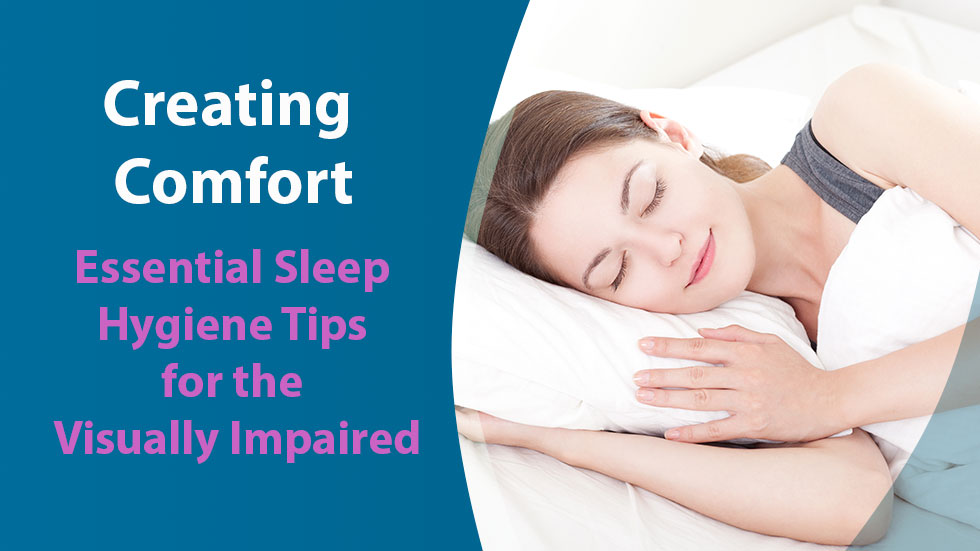
Sleep is essential for overall health and well-being, affecting everything from cognitive function to emotional stability. For visually impaired individuals, maintaining good sleep hygiene is particularly crucial, as they may face unique challenges that can disrupt their sleep patterns. This blog will explore the importance of sleep hygiene for the visually impaired, discuss common sleep issues they may encounter, and provide practical tips to enhance sleep quality.
1. Understanding Sleep Hygiene
Sleep hygiene refers to a series of practices and habits that promote consistent, restful sleep. Good sleep hygiene can improve sleep quality, making it easier to fall asleep and stay asleep. For visually impaired individuals, implementing effective sleep hygiene strategies can help mitigate some of the challenges they face, such as anxiety, irregular sleep patterns, and discomfort in their sleeping environment.
2. Common Sleep Issues for the Visually Impaired
a. Circadian Rhythm Disruption
Visually impaired individuals may experience disruptions in their circadian rhythms due to a lack of natural light exposure, which can affect the production of melatonin, the hormone responsible for regulating sleep-wake cycles. This disruption can lead to difficulty falling asleep or waking up at irregular times.
b. Anxiety and Stress
Navigating the world without sight can create stress and anxiety, particularly when it comes to unfamiliar environments or situations. These feelings can contribute to sleep disturbances, making it harder to relax and fall asleep.
c. Physical Discomfort
Visually impaired individuals may also face challenges related to their sleeping environment, such as uncomfortable bedding or improper room temperatures, which can impact sleep quality.
3. Tips for Improving Sleep Hygiene
a. Establish a Consistent Sleep Schedule
Encouraging a regular sleep schedule can help regulate the body’s internal clock. Aim to go to bed and wake up at the same time every day, even on weekends. This consistency can help improve the overall quality of sleep.
b. Create a Comfortable Sleep Environment
Design a sleep environment that promotes relaxation:
- Bedding: Invest in comfortable mattresses and pillows that support good posture.
- Temperature: Keep the bedroom cool and well-ventilated, as a comfortable temperature can promote better sleep.
- Noise Control: Use white noise machines or earplugs to block out disruptive sounds.
c. Limit Screen Time Before Bed
The blue light emitted by screens can interfere with melatonin production. Encourage visually impaired individuals to avoid screens (phones, tablets, televisions) at least an hour before bedtime to promote better sleep.
d. Practice Relaxation Techniques
Incorporate relaxation techniques into the bedtime routine to reduce anxiety and stress. Techniques such as deep breathing exercises, progressive muscle relaxation, or guided imagery can help calm the mind and prepare the body for sleep.
e. Engage in Physical Activity
Regular physical activity during the day can promote better sleep at night. Encourage activities that are enjoyable and suitable for the individual’s abilities, such as walking, yoga, or adaptive sports.
f. Seek Natural Light Exposure
Whenever possible, spend time outdoors during the day to increase exposure to natural light. This exposure can help regulate circadian rhythms and improve overall sleep quality.
4. Consulting Professionals
If sleep issues persist despite implementing good sleep hygiene practices, it may be beneficial to consult a healthcare professional. Sleep specialists can provide tailored strategies and, if necessary, recommend therapies to address specific sleep disorders.
Conclusion
Sleep hygiene is vital for everyone, but it holds particular significance for visually impaired individuals who may face unique challenges affecting their sleep quality. By establishing consistent sleep schedules, creating comfortable sleep environments, practicing relaxation techniques, and seeking natural light exposure, visually impaired individuals can significantly enhance their sleep quality and overall well-being. Prioritizing sleep hygiene can lead to better health outcomes, improved daily functioning, and a higher quality of life.
